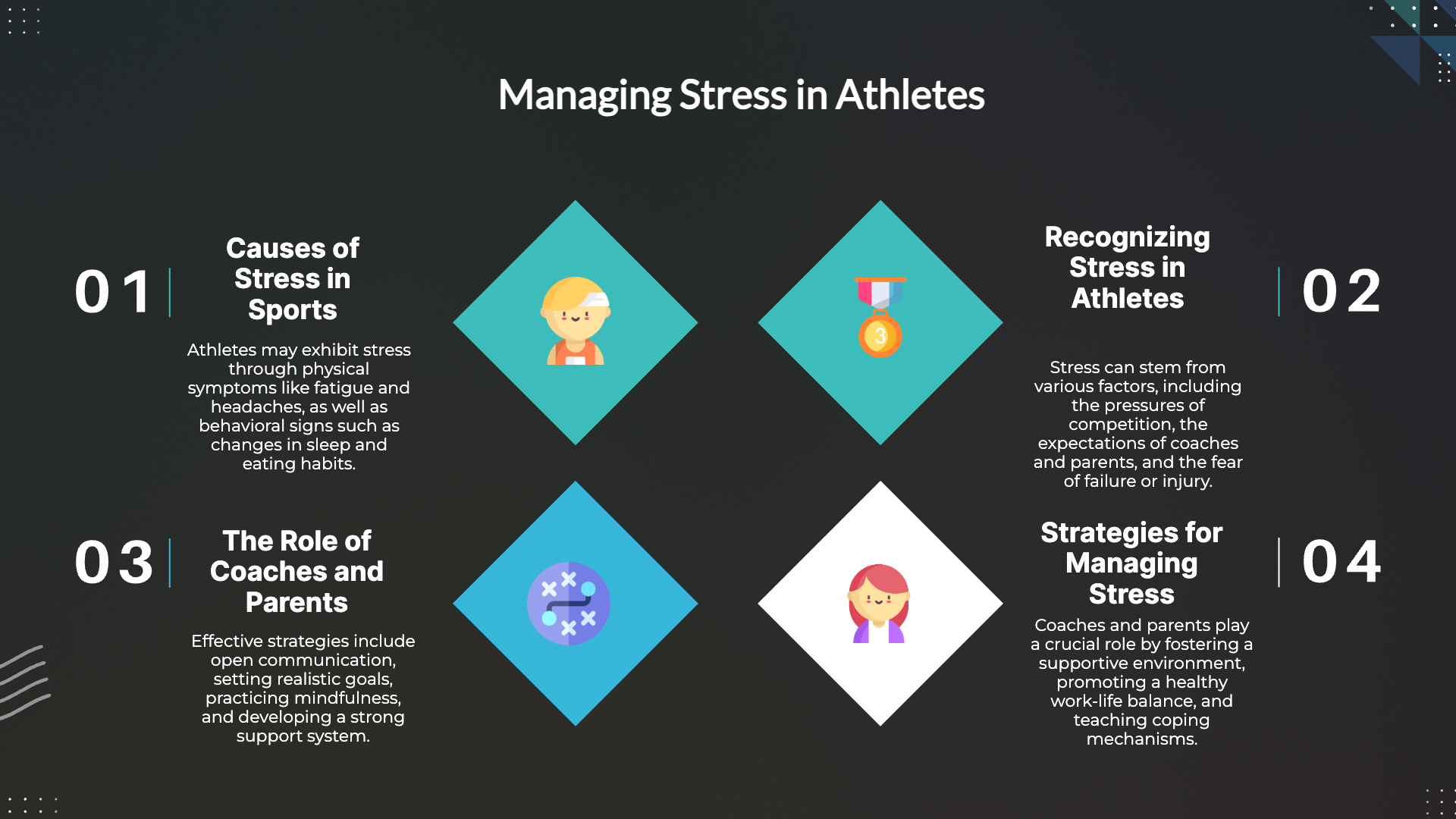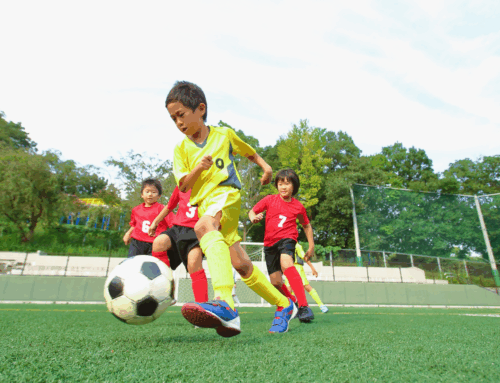Get our exclusive report. Download the iSport360 Club Switching Report Here – For Club Admins, Rec Leaders and Coaches.
Are We Stressing Out Young Athletes?
Youth sports have always been a fantastic way for kids to stay active, make friends, and learn valuable life lessons. They teach teamwork, discipline, and perseverance. But in recent years, the culture around youth sports has shifted. What used to be about fun and friendly competition has, for many kids, turned into a high-pressure grind. Instead of simply enjoying the game, young athletes often feel weighed down by expectations, stress, and burnout. Are We Stressing Out Young Athletes?
The Pressure to Succeed
One of the biggest sources of stress in youth sports today is the pressure to succeed. Whether it comes from parents, coaches, or even the kids themselves, there’s a growing expectation to perform at an elite level.
Parents invest thousands of dollars and countless hours into club teams, private lessons, and travel tournaments, often hoping their child will earn a scholarship or move on to the next level. While ambition and dedication are great, they can sometimes lead to unrealistic expectations. When kids start believing that their value as an athlete is tied to their performance, the fun of playing can quickly disappear.
Specialization at an Early Age
Another major stressor in youth sports is the push to specialize too early. More and more kids are being encouraged—or pressured—to focus on just one sport from a young age, sometimes as early as elementary school.
Year-round training in a single sport may seem like the path to success, but it can come at a cost. Overuse injuries are on the rise, and kids miss out on the benefits of playing multiple sports, such as developing well-rounded athletic skills and avoiding burnout. When children feel locked into one sport with no breaks, they often lose the joy that first drew them to it.
The Role of Social Media and Comparison
Social media has added an entirely new layer of stress to youth sports. Young athletes are constantly exposed to highlight reels, rankings, and online comparisons, making it easy to feel like they’re falling behind.
Platforms like Instagram and TikTok showcase the best moments of top athletes, creating the illusion that everyone else is excelling while they struggle. The presence of recruiters and scouts on social media adds even more pressure, making every game feel like a tryout. The fear of missing out or not being “good enough” can take a toll on confidence and mental health.
The Fear of Failure and Burnout
For many kids, the fear of failure is one of the biggest stressors in youth sports. Whether it’s making a mistake in a game, losing a starting spot, or feeling like they’ve disappointed their parents or coaches, that pressure can become overwhelming.
When kids feel like they always have to be perfect, the stress can eventually lead to burnout. Instead of looking forward to practice and games, they start dreading them. Many young athletes walk away from sports completely before they even reach high school—not because they don’t love playing, but because they’re exhausted by the constant pressure.
The Impact on Mental Health
The stress of youth sports doesn’t just affect performance—it can have serious consequences for mental health. Studies show that young athletes who experience high levels of pressure are more likely to struggle with anxiety, depression, and low self-esteem.
When the focus is only on winning and achievement, kids may start to believe that their worth is defined by their success in sports. This can lead to feelings of inadequacy and emotional struggles, especially when things don’t go their way. Instead of being a positive outlet, sports can become a source of stress and frustration.
Finding Balance and Bringing Back the Fun
So how can we help kids enjoy sports again and reduce unnecessary stress? Here are a few ways to shift the focus:
- Encourage Playing Multiple Sports – Let kids explore different sports. This not only helps them develop a wide range of skills but also prevents burnout and reduces the risk of overuse injuries.
- Prioritize Fun and Development Over Winning – Coaches and parents should focus on effort, improvement, and enjoyment instead of just results.
- Give Kids a Voice in Their Schedules – Let young athletes have a say in how much they play and practice. When kids feel in control, they’re more likely to stay engaged.
- Teach Coping Skills – Help kids develop resilience by teaching them how to handle stress, manage expectations, and embrace challenges.
- Limit Social Media Comparisons – Encourage kids to focus on their own progress rather than constantly comparing themselves to others online.
- Support Mental Health Awareness – Parents and coaches should regularly check in with young athletes to make sure they’re not just physically healthy, but emotionally well too.
Final Thoughts
Youth sports should be about more than just rankings, scholarships, and elite performance. They should be a place where kids can grow, gain confidence, and, most importantly, have fun. Right now, too many young athletes are feeling overwhelmed by pressure and expectations, leading to stress and burnout.
By shifting the focus back to enjoyment, skill development, and mental well-being, we can help kids develop a lifelong love for sports. It’s time to create an environment where young athletes feel supported—not suffocated—by the games they play.
iSport360 is the only app that does it all for youth sports. For more information on what we do, click here.
About the author:
Amy Masters is a sports mom, coach, and club administrator. She has been coaching youth sports for more than 10 years. She started Jr Lions Field Hockey, the youth recreation program for the Hunterdon County community, growing it from 40 players in year 1 to 150 players by year 3. A few years later, she saw the love and competitiveness grow then started Omega Field Hockey Club serving NJ and PA players. Before coaching, she was a collegiate field hockey player for Lock Haven University. In her spare time (lol), she is head of marketing for iSport360 and the co-editor of the Youth Sports Survival Guide. The Youth Sports Survival Guide is the largest youth sports newsletter in the world.
Learn more or request a demo of our youth sports software that is helping teams improve communication, organization and player development.
April 1, 2025






